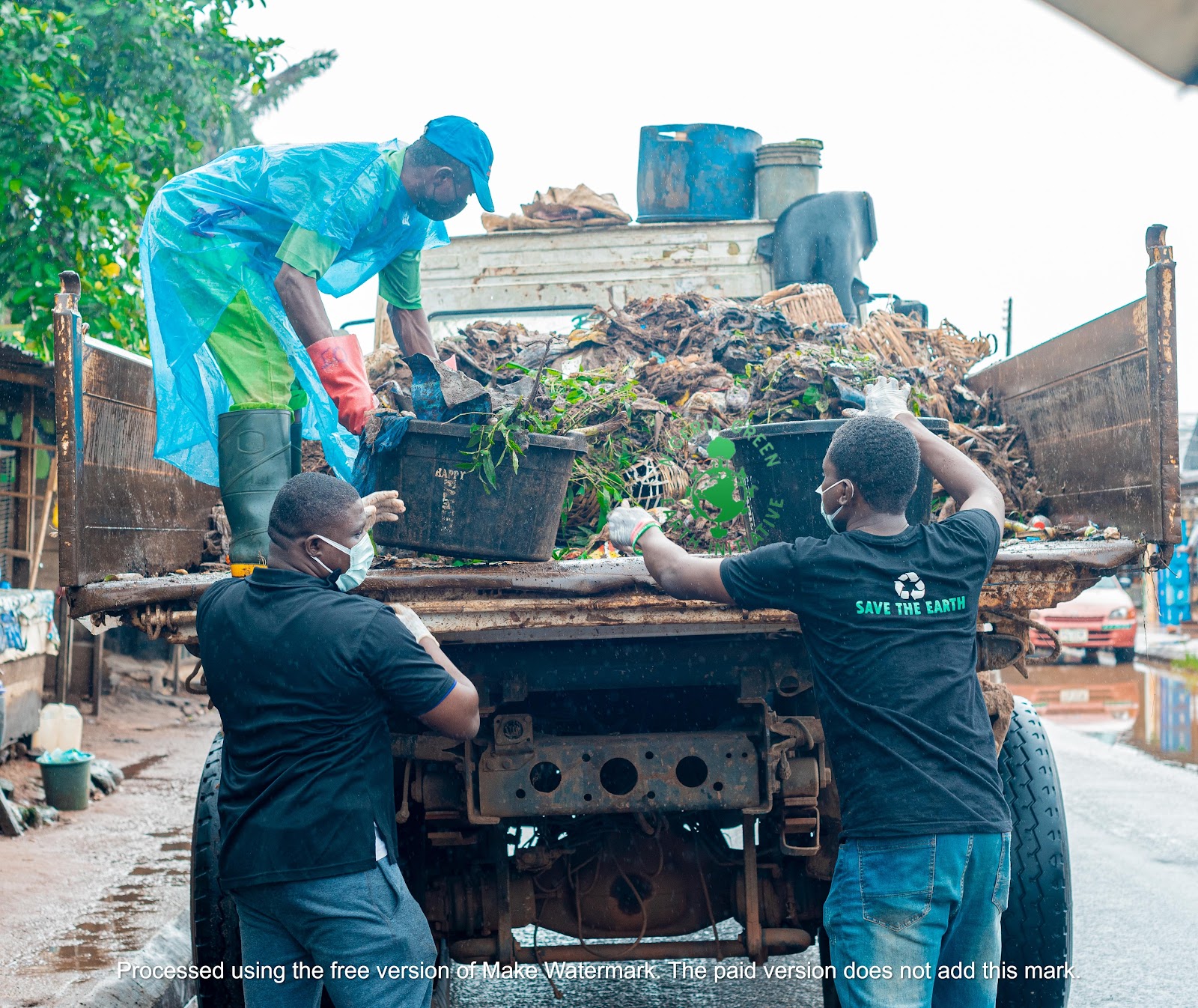Tackling Plastic Pollution: Empowering Developing Countries for a Sustainable Future
Introduction
World Environment Day, observed on June 5th each year, serves as a global platform to raise awareness about pressing environmental issues. This year's theme, "Solutions to Plastic Pollution," highlights the urgent need to address one of the most significant challenges our planet faces. While plastic pollution affects every corner of the globe, developing countries play a crucial role in finding sustainable solutions. By adopting innovative approaches and fostering collaboration, these nations can pave the way for a cleaner and healthier future.The Scale of the Problem
Plastic pollution has reached alarming levels, posing grave threats to ecosystems, wildlife, and human health. Developing countries face unique challenges due to inadequate waste management infrastructure, limited resources, and a reliance on single-use plastics. Addressing this issue requires concerted efforts on multiple fronts, ranging from policy reforms to community engagement and technological advancements.
1. Enhancing Waste Management Systems
Developing countries must prioritize the development and improvement of comprehensive waste management systems. This includes establishing efficient collection, sorting, recycling, and disposal mechanisms. Governments can invest in infrastructure, such as waste treatment plants, recycling centers, and composting facilities. Collaborating with the private sector and non-governmental organizations can bring expertise, funding, and innovation to strengthen waste management efforts.
2. Promoting Sustainable Alternatives
Reducing plastic pollution requires a shift towards sustainable alternatives to single-use plastics. Developing countries can encourage the use of eco-friendly materials through regulations, incentives, and public awareness campaigns. Encouraging the adoption of reusable bags, promoting biodegradable packaging, and supporting local initiatives that offer alternatives can significantly reduce plastic consumption and waste generation.
3. Educating and Engaging Communities
Education plays a vital role in raising awareness about plastic pollution and fostering behavioral change. Developing countries should invest in educational programs that emphasize the importance of responsible plastic usage, waste segregation, and recycling. Engaging communities through workshops, grassroots initiatives, and social media campaigns can empower individuals to become ambassadors for change within their communities.
4. Encouraging Industry Collaboration
Collaboration between governments, industries, and international organizations is essential for tackling plastic pollution effectively. Developing countries can establish partnerships with industries to develop sustainable packaging solutions, promote extended producer responsibility, and invest in research and development for eco-friendly materials. Engaging with international organizations can provide access to technical expertise, funding opportunities, and best practices from around the world.
5. Strengthening Policy Frameworks
Effective policy frameworks play a critical role in combatting plastic pollution. Developing countries can enact legislation to regulate the production, use, and disposal of plastics. Implementing bans or levies on single-use plastics, promoting product labeling for recyclability, and implementing deposit-return systems can incentivize sustainable practices. Governments can also foster international collaborations to share knowledge and experiences in policy development.
Conclusion
Plastic pollution is a global challenge that demands immediate action. Developing countries, with their unique circumstances, have an opportunity to lead the way in implementing innovative solutions to combat plastic pollution. By prioritizing waste management systems, promoting sustainable alternatives, educating communities, encouraging industry collaboration, and strengthening policy frameworks, these nations can make significant strides towards a plastic-free future. World Environment Day serves as a reminder that we all have a responsibility to protect our planet, and together, we can create a cleaner and more sustainable world for generations to come.





Comments
Post a Comment